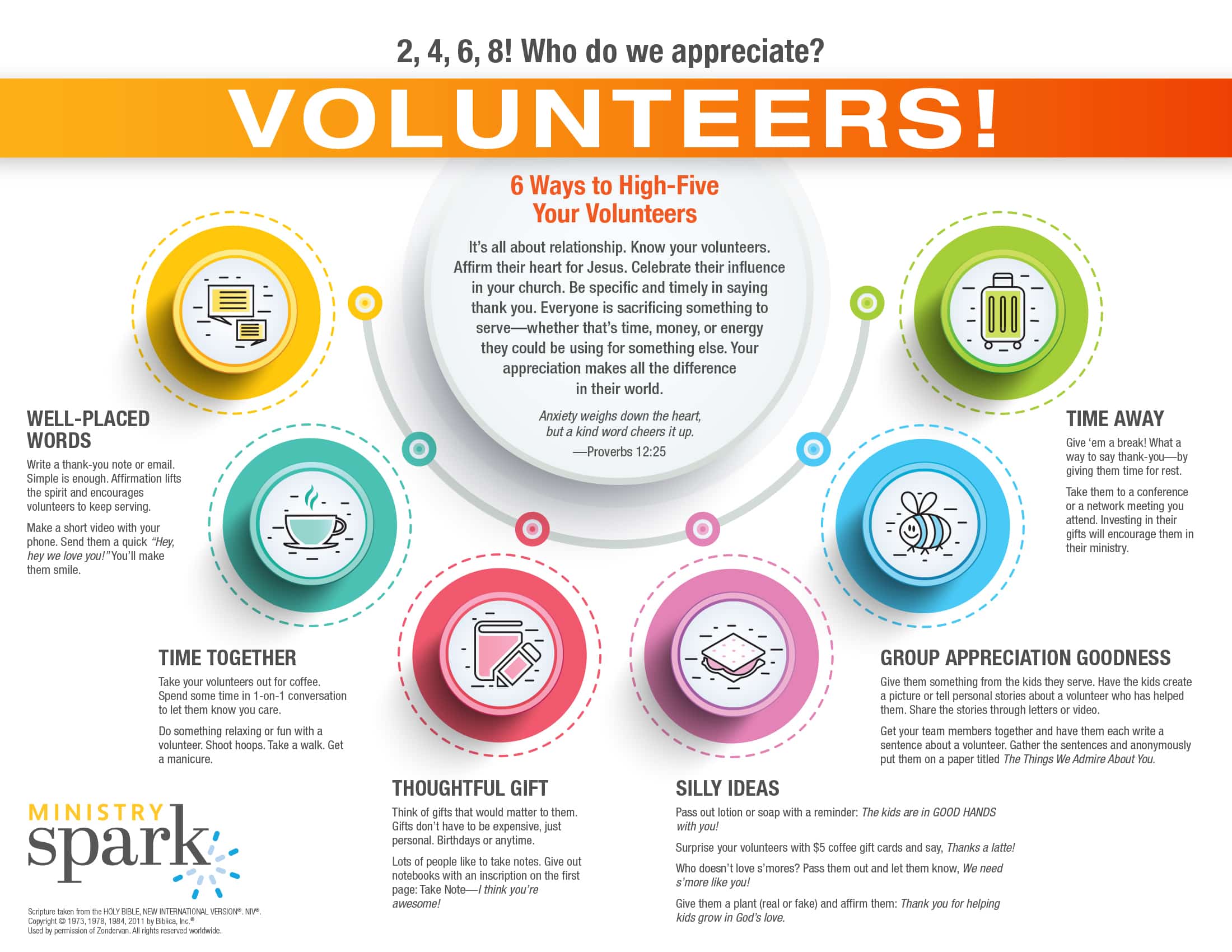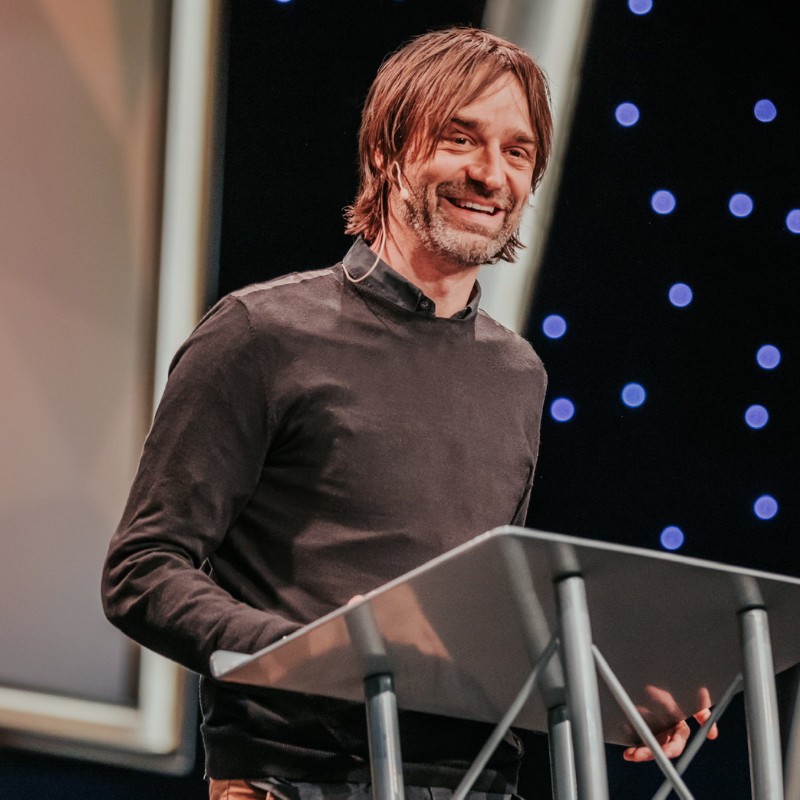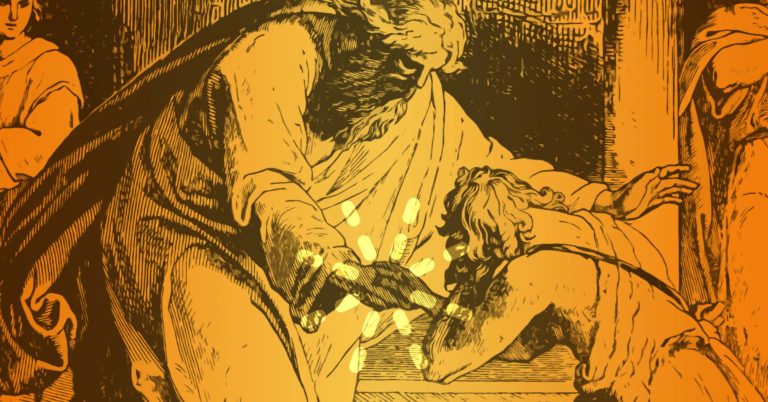Thanksgiving opens the door to Christmas and promptly steps aside. Thanksgiving is a feast that kicks off the holiday season. It is when we rightly celebrate the incarnation of God and then take time to reflect on the past year and anticipate the next year.
Christ Is Central
Christmas and Easter are, without exception, the high points of the Christian calendar. For good reason, as Christ is central to both. Christmas is centered around the gift of Christ, and Easter’s significance is found in the sacrificial atoning, death, and resurrection of Christ.
In our modern western culture, no holiday is genuinely experienced and appreciated for its true meaning. Instead of waiting in expectation of the Advent of Christ, we get “the Christmas creep.”
This is a commercialized version of monetary anticipation where the date Christmas items are put out on the shelves creeps closer and closer to August.
The hope of commercialized Christmas is not Christ’s birth, death, and resurrection but the deals procured by savvy shoppers in our temples of materialism on Black Friday.
Thanksgiving: What Shapes Us
Christmas and Easter should not be displaced for us as Christians because they are both gifts to receive. The problem is not God’s giving of Himself but our receiving. We don’t understand the full weight and significance of Christmas and Easter because elves on shelves and bunnies have shaped us more than Scripture has.
What is more important than the God of the universe choosing to make Himself small to come in the likeness of man? Living a perfect life and dying in our place and being resurrected, then ascending to the Father and making intercession for us daily?
What is more important than the God of the universe choosing to make Himself small to come in the likeness of man?
Made to Worship
Thanksgiving is so important because it is the only proper response to such a profound gift. That is: the gift of God himself.
In his Reflections on the Psalms, C.S. Lewis says this about Thanksgiving:
I think we delight to praise what we enjoy because the praise not merely expresses but completes the enjoyment; it is its appointed consummation. It is not out of compliment that lovers keep on telling one another how beautiful they are; the delight is incomplete till it is expressed.
It is frustrating to have discovered a new author and not to be able to tell anyone how good he is; to come suddenly, at the turn of the road, upon some mountain valley of unexpected grandeur and then to have to keep silent because the people with you care for it no more than for a tin can in the ditch; to hear a good joke and find no one to share it with… The Scotch catechism says that man’s chief end is ‘to glorify God and enjoy Him forever.’
But we shall then know that these are the same thing. Fully to enjoy is to glorify. In commanding us to glorify Him, God is inviting us to enjoy Him.
C.S. Lewis
Lewis is pointing out something crucial to the Christian life. We were made to worship. We were created to direct our thanksgiving toward an object we believe to be worthy of our praise and devotion. Our praise of that thing completes the enjoyment of its gifts.
Thanksgiving recognizes that what we have, all that we are is given to us to be enjoyed, shared, and praised.
Thankful for the Wrong Things
As parents, we must both teach and train our kids in the spiritual discipline of gratitude. One of the most important disciplines we can master is thankfulness. Thankfulness is so telling because it reveals much about how we view ourselves and God.
One of the most important disciplines we can master is thankfulness.
Growing up, we didn’t have much money, but we had much for which to be thankful. Even though I was very grateful in most situations as I got older, I started to view my walk with God in such a way that I felt God was lucky to have me. I was thankful, but so often, I was thankful for the wrong things.
I can still remember the day the me-centered version of my faith came crashing down. It was horrible, it was painful, and it was beautiful. I realized for the first time that my salvation is a work that Christ has done for me, not a mental decision I make. I realized that the works I do are through the grace that He provides.
When you understand that everything we have is because of all He is, you understand He owes us nothing! He owes me nothing! I owe Him everything! Out of this understanding, we can indeed be grateful for all we have. We live in a state of perpetual gratitude because we didn’t do anything but respond to His calling and receive the gift that He gave.

Gratitude vs. Entitlement in Thanksgiving
When I see Jesus as my everything, I tend to operate from a place of gratitude. The minute I know what I have done I find myself living in a place of entitlement. When I don’t get what I feel that I deserve, I get angry at the person I feel owes me. I did that. I now understand more and more the freedom gratitude brings because God owes me nothing, and I owe Him everything.
Pastor and poet George Herbert understood that even a grateful heart was a gift and a work of grace. Herbert closes his poem entitled Gratefulness with these two powerful stanzas.
“Wherefore I cry, and cry again;
And in no quiet canst thou be,
Till I a thankful heart obtain
Of thee:
Not thankful, when it pleaseth me;
As if thy blessings had spare days:
But such a heart, whose pulse may be
Thy praise.”
Herbert says that he desires that gratitude would so fill our hearts that our hearts will pulse with praise. That thankfulness from us would be the reflexive response to God’s empowering grace.
Christmas and Easter are gifts that we do nothing but receive. Thanksgiving is our right and necessary response to so great a salvation.
More Articles by Sam
- How Can Leaders Cultivate Wonder in a World of Incessant Distraction?
- Parents as Primary Source of Discipleship in the Home
- Telling Your Children the Truth in a World of Sorrow and Pain
- I’m Still In: A Response to Leaders Leaving Their Faith
- 5 Things Your Pastor Would Want You to Know about His Kids
- How to Give Kids Faith They Grow Into, Not Out Of
- 4 Powerful Things Every Parent Needs to Hear from You
- Why Kids Need to Know the Old Testament
- How to Smuggle the Gospel through the Imagination to the Heart









